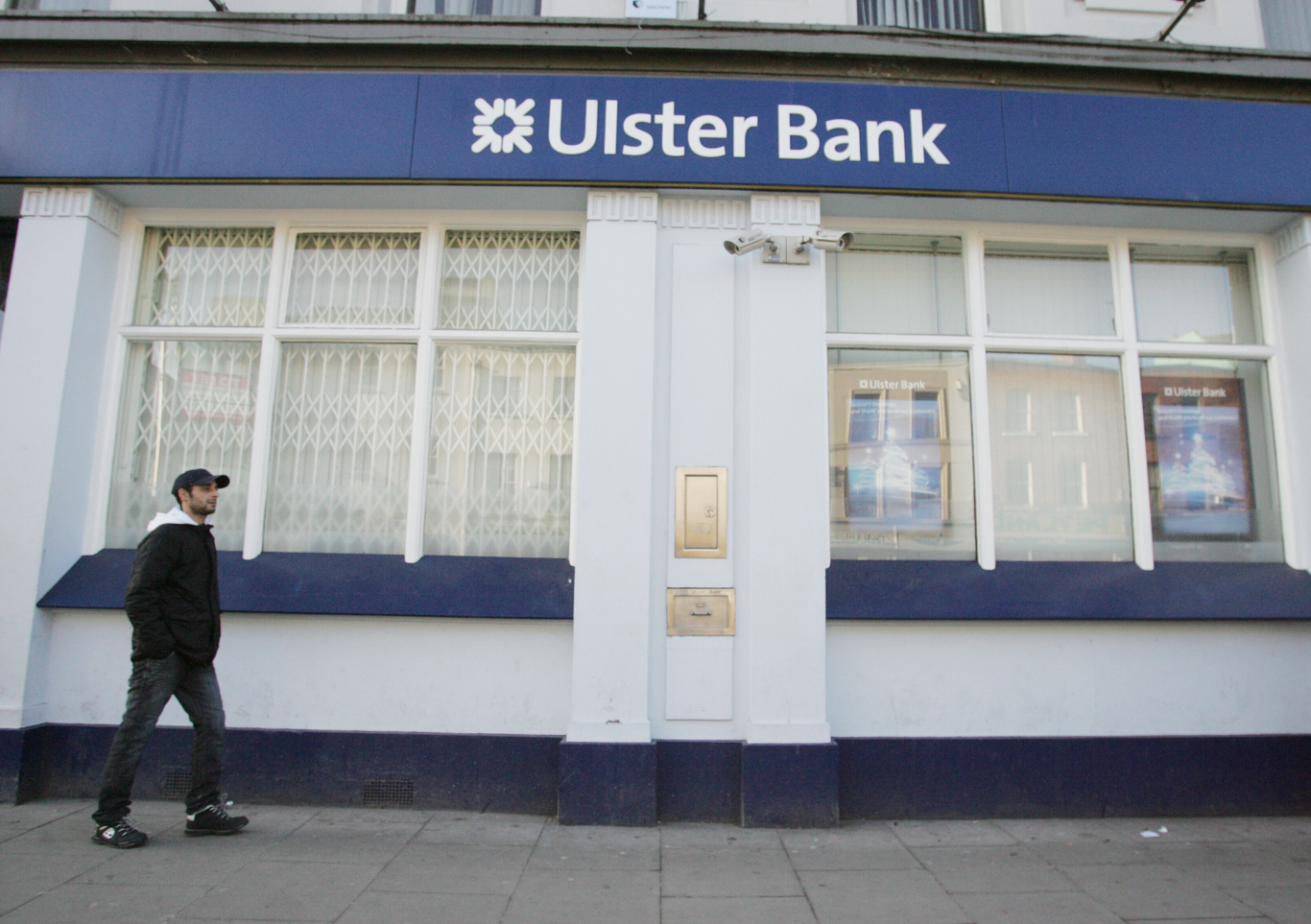'There has been a huge hollowing-out of our main banks' presence on high streets'
The future of the sector needs to be driven by something other than short-term decisions.
LAST WEEKEND, FORA published excellent research on the shedding of jobs in our banking sector over the past decade. It’s a story that may come as a surprise to some, but is a very familiar one for us at the Financial Services Union.
Since the financial crisis of 2008, more than 10,000 jobs in retail banking have been lost. Banks have taken on staff in other areas, but it represents a huge hollowing-out of the presence of our main banks on the high street, especially in rural towns and villages.
More worryingly, the process is continuing, even as our major banks return to profitability. In the first two months of this year, Ulster Bank and First Trust Bank announced the closure of 24 branches in Northern Ireland. Ulster Bank is also currently conducting a review of its retail business in the Republic of Ireland.
In the face of this major downsizing, our union has fought hard to ensure that there have been no compulsory redundancies in the main banks. We’ve negotiated voluntary redundancy schemes for our members and ensured that those who transfer to other positions within the banks have their terms and conditions protected.
That’s important work. But something is seriously amiss if the future of our banking system is solely driven by the short-term decisions of each individual financial institution.
Love them or loathe them – and let’s face it love for the banking system is hard to come by – banks are vital to our economic well-being.
Vital issues such as the availability of credit for SMEs, how we treat people in mortgage arrears and the right of citizens to access basic banking services cannot just be left to the whim of individual financial institutions.
We need to talk about banking
That is why we are also calling for a forum on banking. We urgently need to chart a five-to-10-year strategy for banking and financial services in Ireland now.
For instance, we need to decide how we provide customers with banking services, what skills we need to develop to ensure future jobs and growth in the sector, how workers will be protected and represented, and how the sector will be regulated as it undergoes unrelenting technological innovation.
This forum should bring together all stakeholders with an interest – banks, credit unions, post offices, customers, the Central Bank, our union and the growing financial services industry. We don’t want a talking shop, but we do need a body that within a year can produce an agreed strategy for the sector.
At the moment, there is a lot of talk of collaboration but little evidence of it on the ground.
For instance, when bank branches are being closed customers are advised of services available through the post office.
Yet we are all aware that the post office network faces contraction, with speculation regarding the closure of up to 200 largely rural post offices. The lesson is that we can’t plan for the future if we aren’t talking to each other.
There is already a good model in existence as to how a forum on banking and financial services could work. The government has established a group to drive growth in the area of international financial services. It has produced an ambitious five-year strategy and junior minister Eoghan Murphy recently published its 2017 action plan.
There are 40 actions in total and, in particular, our union welcomes the focus on skills and education. A skilled workforce is probably the most important driver of financial services and the foresight that the action plan shows in this regard is welcome.
However, why is long-term planning and coherence reserved for the international financial services sector? Surely, the staff and customers of our domestic banking sector deserve a similar approach?
Planning and innovation are vital to every sector of our economy, and this is particularly true in the area of banking and finance.
We know only too well the devastating impact that short-term thinking, driven solely by the need to maximise profit, can inflict on our economy and our society at large. We need a different approach as our economy and the banking sector recover. Having a strategy for the future is essential and we need to start that work now.
Larry Broderick is general secretary of the Financial Services Union.
If you want to share your opinion, advice or story, email opinion@fora.ie.






